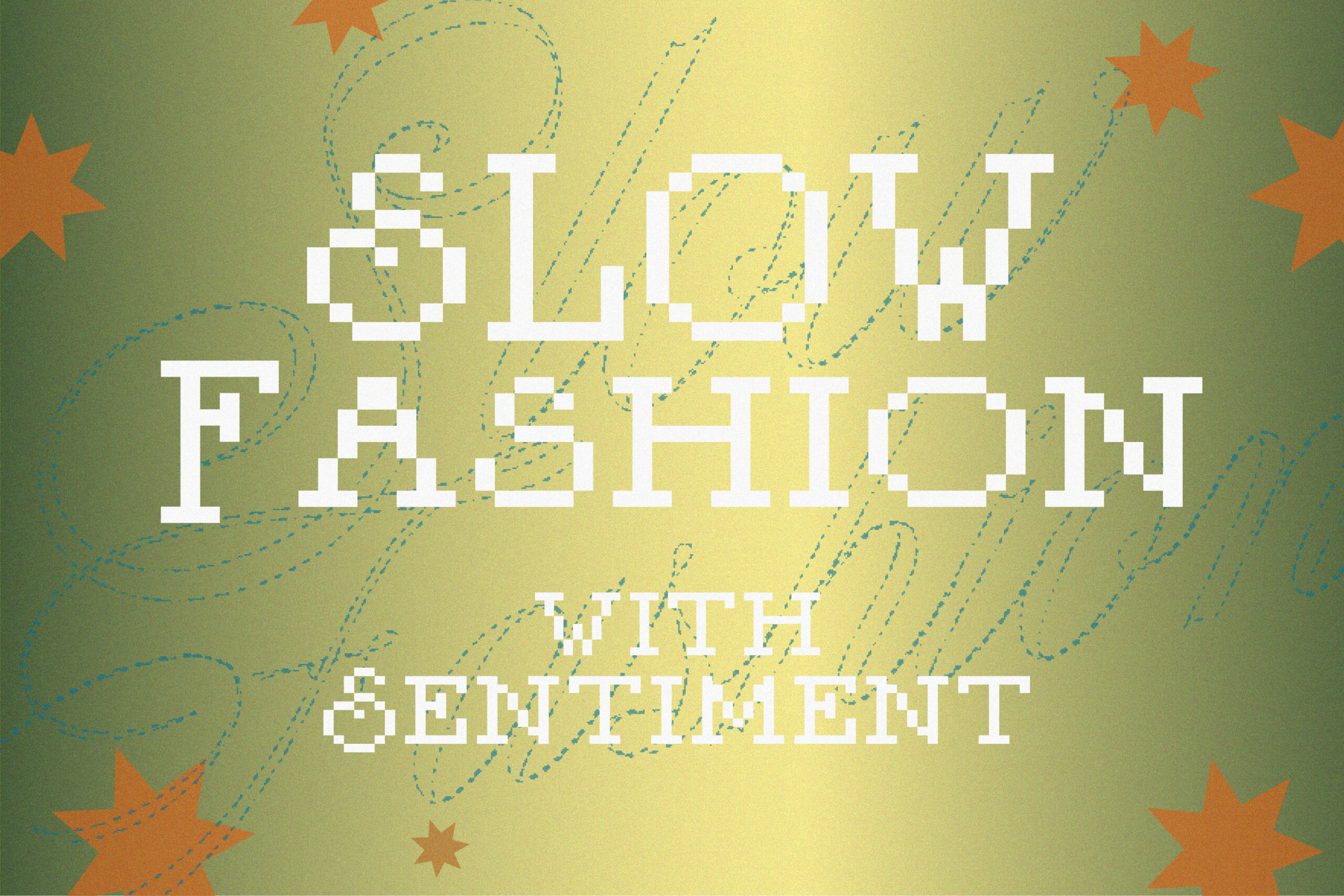Last weekend, there was a Latin Pop-Up Shop at Starland Pilates that had an excellent turnout. The pop up shop rejoiced in everything Savannah represents in terms of cultivating small businesses and encouraging residents to shop local. Items sold were a curation of one of a kind, high-end sustainable fashion pieces that were made by Latin artisans and indigenous communities. Flying in these pieces from Latin designers around the world, curator Rebecca Kessler decided to bring in quality pieces that have an authentic story behind them while representing her values in wellness and sustainability.
While “sustainability” may be considered a buzzword wrongly propagated by companies who continue fast fashion trends, Kessler has reclaimed this word within the local artists she has chosen to support and represent in her pop up shop. Originally from Israel, she has lived around the world working as a diplomat. She has witnessed workers’ rights injustice firsthand, from the suffocating pollution and labor laws in China, to the small-business-turned-mass-consumption pipeline that Latin American artisans are subjected to. The irony of these fashion products being deemed so necessary that they risk the workers’ health is that, “These products often end up being burned in India, causing more pollution.” Kessler’s business structure revolves around the idea of limiting consumerism and maintaining the artisan’s quality. The goal of her pop up shop is “to open a showroom here in Savannah only for boutique shops” and to “limit the number of boutiques that can shop per item or per brand, because I don’t want to turn these brands into mass production.” Kessler insists that she can foster “businesses to grow but not outgrow their product.”
During her time in Latin American countries, Kessler was not only a diplomat, but also a pilates instructor who taught body wellness practices. Bogota, Columbia became one of her favorite places because of the style, culture, and indigenous artists she met through her work. Their “ferias”, or craft fairs, are not like the inexpensive crafting marketplaces she had seen in America or Israel. Rather, they have expensive designers with unique items. She noted that the US is attached to brand names and their reputations, so bigger cities are proving more difficult to market these kinds of sustainable, slow fashion marketplaces in. This made Savannah the perfect city to introduce ferias into, as Kessler determined, “Savannah isn’t about big boutique shops or retailers, it’s about buying local. People value quality over quantity with SCAD and its fashion designers.” She got in contact with different local artisans she had met throughout her travels and is now blossoming those connections here in Savannah by entering their items into the marketplace.
The artists she represents are artisans, indigenous communities, and small sustainable businesses from Latin America. She hopes that future marketplaces with these high end designers will be taken more seriously and deviate from the cheaper marketplace norms that other countries perpetuate.
At the pop up shop, consumers saw indigenous designer pieces from Ecuador, with items like handwoven Shigra bags, made from natural fiber and dyes, and timeless jewelry pieces. Other accessories customers adored included mochilas, or backpacks, made by Wayùu women. From a collection of spring wardrobe pieces, there was a crochet swimwear line from the indigenous people of Colombia and another female designer’s 100% silk sarongs with original designs and illustrations.
As a holistic practitioner of body and mind wellness, Kessler’s studies of psychology reflect on how all of our consumerist behaviors and wellness are interlinked. “I think how we eat, what we do, what we bring into our lives in terms of shopping, and what we put on our skin is all part of how we feel at the end of the day.” The Latin Pop Up Shop is planning to take place every season and shows promise for other future sustainable slow fashion shops. Supporting international artists in one, central local community is the way of the future.
Words By Megan Mullen.
Graphics By Ashlyn Warner.

